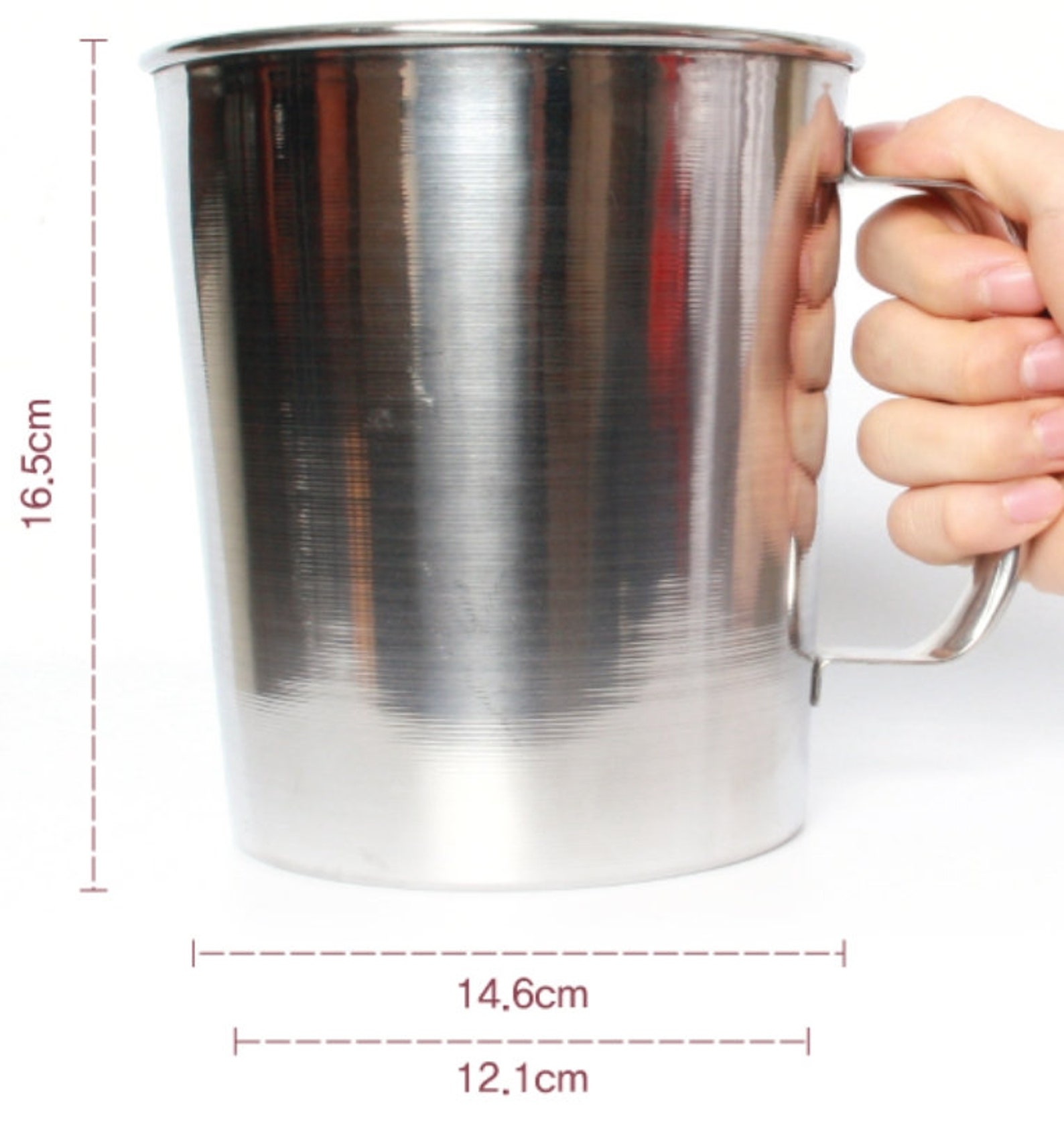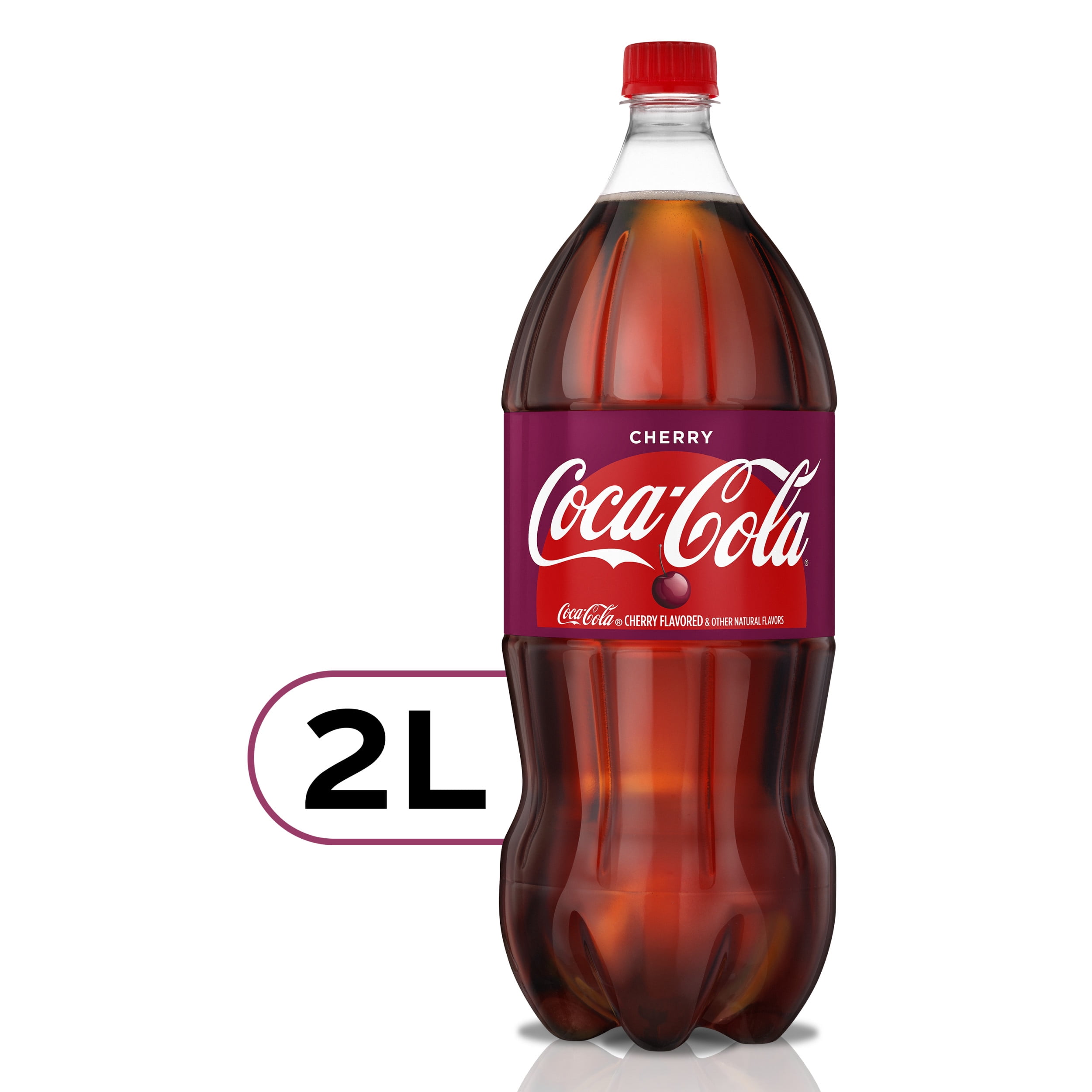

However, in some circumstances when people drink a large volume of water, they can over-ride the thirst control centre in the brain. If you have a burning health question you have always wanted to know the answer to get in touch via We can then take your question to the experts. What's your burning question?Ĭan you wake a sleepwalker? Why do we grind our teeth and how do we stop? "Usually if we take in too much water, it'll suddenly feel like hard work to drink," he said. When we drink water, this part of our brain stops us feeling thirsty long before the water has been fully absorbed into the bloodstream. There is a thirst control centre in our brain that controls water intake, says Dr Michael McKinley, Senior Fellow at Florey Neuroscience Institute. "My advice is never go to the toilet and not pay attention to what you're seeing - it may seem simple, but it's giving you messages," Associate Professor Desbrow said.

(It's worth noting certain vitamin supplements and foods can change the colour of your pee, but this won't affect how often you go.) "You do want to be having to produce some urine every three to four hours, and we do like it to be relatively pale." "Your kidneys do a great job in fluid regulation, so frequency of urination and colour of urination are your two best guides," Associate Professor Desbrow said. Absorption of nutrients and helping you to pass waste.Īlso pay attention to your toilet habits, the colour of your urine and how frequently you go to the toilet.
/measurment-conversions-for-recipes-486768_FINAL-5b88683dc9e77c0025b65c8c.png)
Digestion and processing of food, by keeping your gastrointestinal tract moist to aid in the passing of the food through the gut.Temperature regulation, especially keeping you cool by allowing you to sweat when you get hot.Water makes up about 50-80 per cent of your lean body mass.Īs well as helping to maintain the balance of essential minerals, your body needs adequate water to help with: So keep an eye out for symptoms such as a dry mouth, headache and feeling dizzy. Your body will give you some pretty clear signs that you're not getting dehydrated. How can you tell you're not getting enough? Take a look at what some of our readers had to say about making sure you drink enough water. "You need to replace those fluids pretty quickly, otherwise it's going to fairly rapidly have an effect on your subsequent performance."

Those who work or exercise in hot climates lose the most fluid - up to 2.5 litres of sweat in an hour in extreme circumstances, Associate Professor Ben Desbrow from Griffith University said. "When we do, it causes mild dehydration, and we can get impaired mood, low concentration levels, increased headaches." "We can lose between 1 to 3 per cent of our fluid quite easily," Ms Taylor said. This is because we're sweating more, and we lose fluid through sweat - anywhere from 100 millilitres to several litres per day, depending on our activity levels and the temperature. It's on hot days that most of us notice we're thirstier than normal. So juice, tea, coffee, and alcohol can all count. It's also worth noting that other fluids can be counted towards your daily fluid intake. There are Nutrient Reference Values advising that adult men should drink 2.6 litres of water per day (about 10 cups) and adult women should drink 2.1 litres per day (about eight cups).īut these figures are based on the average weight of men and women, so if you're underweight or overweight you may consider adjusting your fluid intake - Ms Taylor says a good rule of thumb is 35 millilitres of fluid per kilogram of bodyweight.Īlso pregnant or breastfeeding women (who require more fluid), people who live or work in extremely hot climates, and people with high protein diets (the kidneys may need more fluid to help process the increased amount of protein) are encouraged to drink more water. The guidelines also encourage us to opt for water over juices, soft drinks, cordials or the like. How much water each one of us needs depends on a range of factors, such as our sex, bodyweight and how much physical activity we do.Īnother thing to consider is where you live, those who live in a warmer and more humid climates tend to sweat more and lose more fluid.Īustralia's current dietary guidelines don't recommend a specific amount of water, but simply recommend we 'drink plenty of water'.


 0 kommentar(er)
0 kommentar(er)
